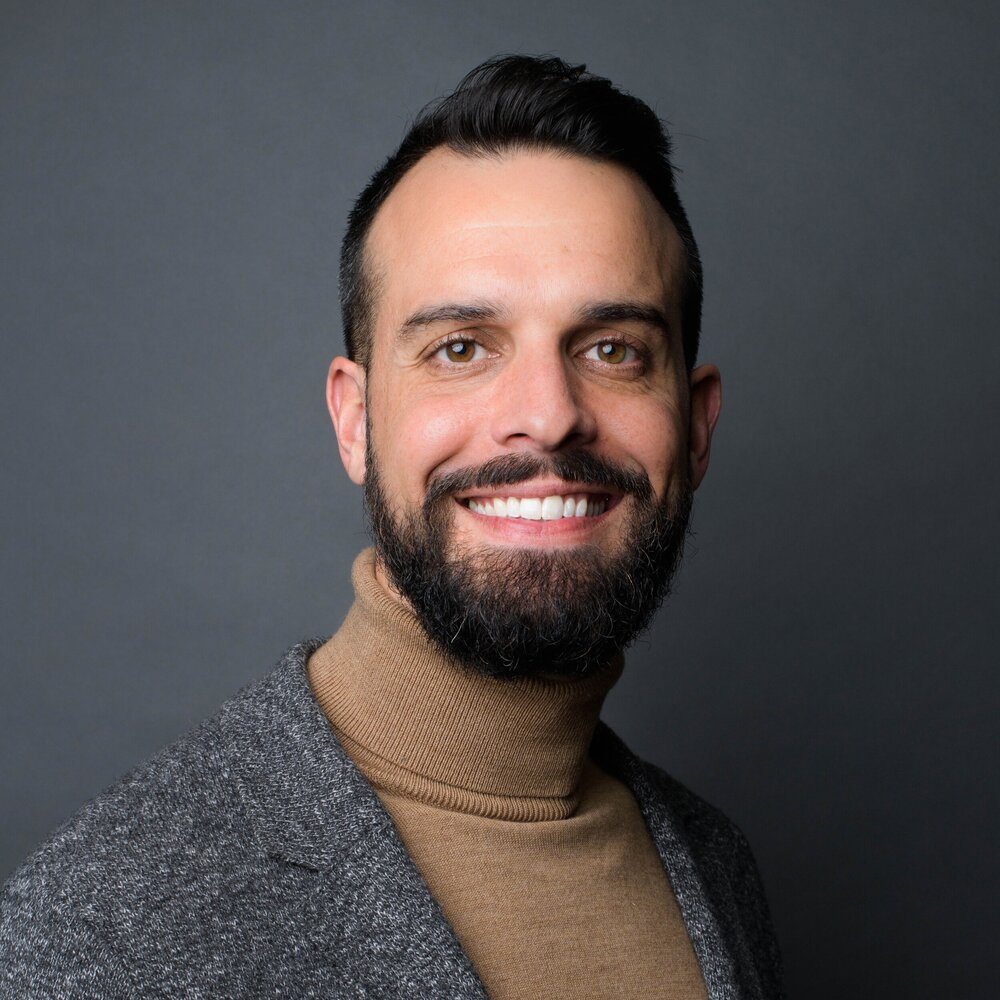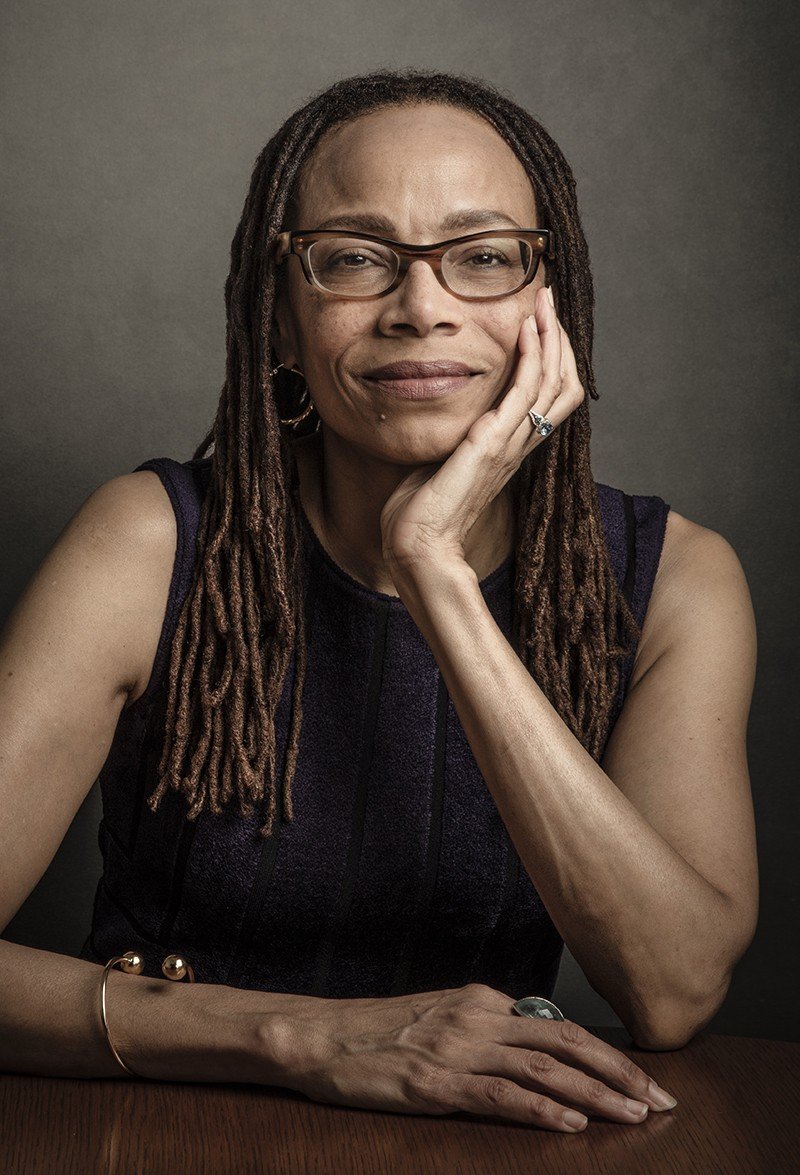Hi friends, welcome to the inaugural issue of Seeding the Future!
This is a place for bloomscrolling to balance out all our doomscrolling, a space we can witness the many ways that people are seeding justice, watering new patterns of life, and working to transform the sickening status quo all around us.
In this monthly musing, I’ll share stories and experiences that didn’t make it into my forthcoming book, Viral Justice. I’ll also shine a light on organizers, artists, educators, and groups who motivate me in the everyday work of world-building.
Together, we’ll grapple with Baldwin’s words, “I can't be a pessimist because I'm alive. To be a pessimist means you have agreed that human life is an academic matter. So, I’m forced to be an optimist. I am forced to believe that we can survive, whatever we must survive.” For me, this isn’t toxic positivity, but a stubborn, insurgent hopefulness.
As subscribers and sowers, you will be the first to know about upcoming events, book giveaways, and free resources like discussion guides, syllabi, and other material that you can adopt and adapt however you see fit! And I would love for you to share the newsletter with friends, colleagues, and comrades as we strive, day by day, to make justice contagious.
a luta continua,
OUTTAKES & ARCHIVES
This section previews some of the stories in Viral Justice.
As graduation season approaches, I think back to May 2001 when I held my Spelman diploma in one hand and days-old Malachi in the other. In Viral Justice, I write about what it was like to be young, pregnant, and Black in my senior year of college, surrounded by a never-ending stream of statistics and stories that linked Black pathology to Black motherhood. It turned out that attending a historically Black college for women was no buffer against the widespread cultural disdain reserved especially for young Black mamas.
But during this period, I also experienced something extraordinary – friends, family, teachers, midwives, and even strangers who showered me with love and encouragement, weaving a strong and supple web around my young family. I may have carried this child for nine months, but they carried (and continue to carry) me.
For many, graduations are a rite of passage marking the transition from childhood to adulthood, microwaved ramen to stove-cooked meals, adolescent dependence to grown-ish independence. But we have another option: interdependence. After all, don’t we all need support, love, and encouragement, no matter our age?
The idea that we must tackle life alone, “self-reliant,” “self-sufficient,” “self-made!”… so much propaganda that runs counter to our lifelong need and desire to be held and hold up others in return.
So, let’s graduate… into community with others, refusing to idealize the Rugged Individualist, and recommitting ourselves to mutual aid and caring connections however we can.<>
*same spot 17 years apart… the next version is him holding me!
EVENT ANNOUNCEMENT
The Racial Capitalism of Care: A Conversation on Inequities in Medicine & Child Welfare
U.S. society is marked by deep inequities in the distribution of care, from unpaid care work inside the home to the disparate treatment and impact of various government agencies and programs. This virtual event, moderated by Ruha Benjamin, examines how racial capitalism—the intertwined operation of race and class—shapes two major systems of care in the United States. Drs. Michelle Morse and Bram Wispelwey discuss their advocacy work on racial inequalities in medicine, while Dorothy E. Roberts discusses her new book on the child welfare system, Torn Apart. Together, they ask how we got here and how we can build a more just world.
Tickets to this event are free and open to the public. Please consider making a small contribution of $3—or any amount you can donate—when you register to help fund future events like this hosted by the Boston Review.
ORGANIZATION HIGHLIGHT
Each month I’ll spotlight an organization or initiative seeding justice in a locale where I’m speaking, virtually or in-person. Looking ahead to the event above, I want to shout out Boston-based grassroots organization City Life/Urbana Vida. City Life works to build working class power and equity through the fight for housing justice. They promote individual empowerment, develop community leaders, and build collective power to effect systemic change and transform society.
When I taught at Boston University, my students and I attended one of City Life’s regular community meetings, and witnessed firsthand their transformative work defending displaced families and creating “anti-displacement zones” throughout the city. One meeting, one rally, one block at a time, City Life/ Urbana Vida is seeding a future in which “each person has the right to food, housing, health care, education, meaningful employment, and the right to exist in freedom without fear of displacement or deportation…” a powerful example of viral justice at work.<>
Image via Boston Globe
Let’s join the call of City Life/Vida Urbana, “housing justice can’t wait!” Click below to support the fight for dignified, affordable housing for all.










